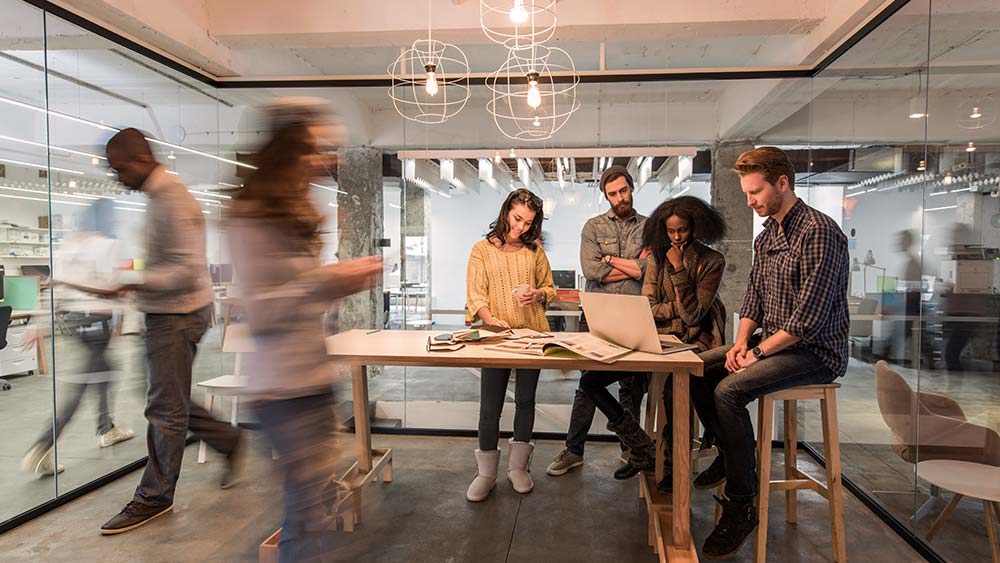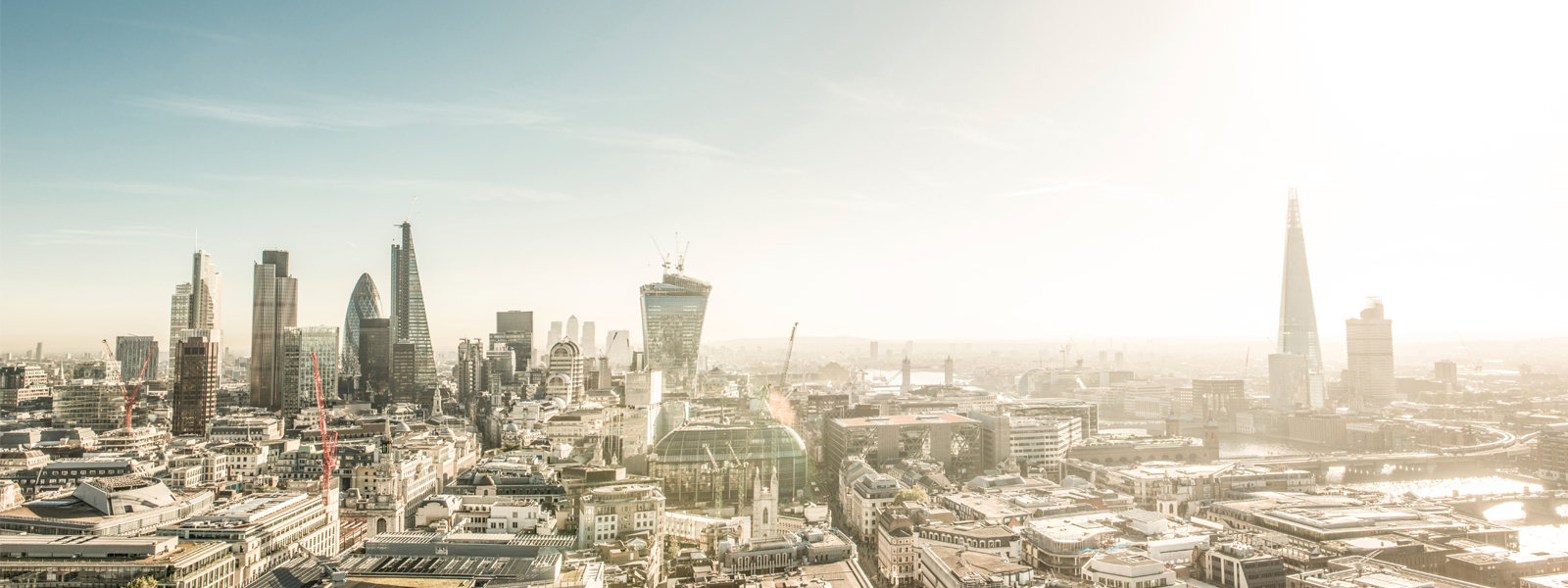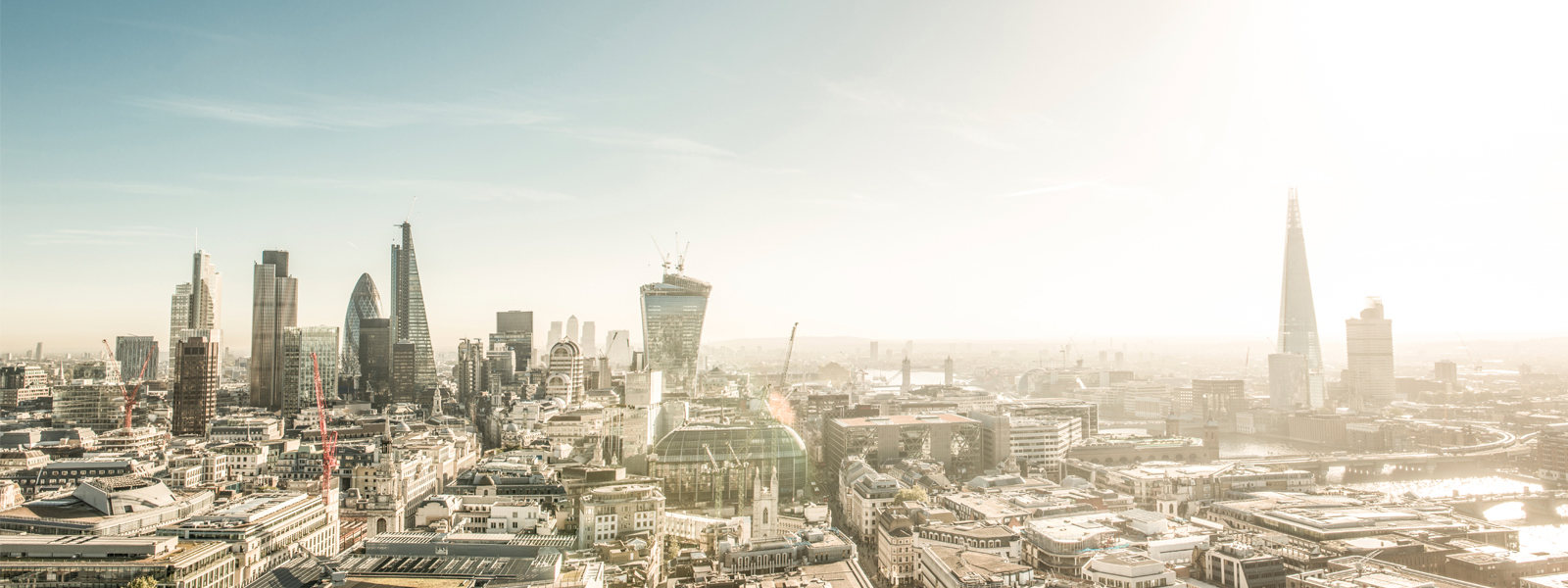The shift in consumer sentiment means sustainability practices in the workforce are more important than ever.
Corporate sentiment around the world is shifting, with businesses starting to realise the opportunity and responsibility they have when it comes to contributing towards a more sustainable world. Whilst often looked solely through an environmental lens, sustainable business models of the future require companies to think about their place in the world and need to be grounded in financial, social and environmental concerns.
Engaging in these sustainable practices not only adds long term value, but it can give businesses a distinct competitive advantage and lead to a healthier bottom line.
The power of purpose
Companies are now thinking about their purpose beyond profit and how they can add value over the long term, according to Thomas Milburn, Associate Director of Corporate Citizenship. In the Where the World’s Moving Global Report, Milburn says executives are increasingly aware that engaging in sustainable practices is not just the right thing to do, but it also helps future proof organisations and create long term value.
This sentiment has also been driven by a growing pressure from consumers who are increasingly savvy about what companies are doing. In fact, the report shows 58% of Australians respondents say sustainability is an important factor in their purchase decisions. A similar sentiment was reflected in other regions: UK (60%), USA (66%) and most readily embraced in China (86%). A genuine commitment to Corporate Social Responsibility (CSR), the environment and sustainability are now competing with price as the key driver for consumers.

Implementing sustainable initiatives can be quite daunting, but Milburn says the first step for companies of all sizes, large or small, is to ask themselves the question: “What does sustainability mean to us?”
“Brands also need to question the blind pursuit of growth, Milburn says. “The society we built is a bit like a shark – it needs to be swimming forward to keep growing and stay alive,” he says. “But what does that growth mean? What do we actually value? It started with philanthropists or ‘impact investors’ [who] wanted to have the right impact with their money.”
Once your business can answer this, it’s about using this as an anchor for responsible and sustainable practices and embedding this into the organisational culture and specific job functions, to ensure the whole organisation feels empowered.
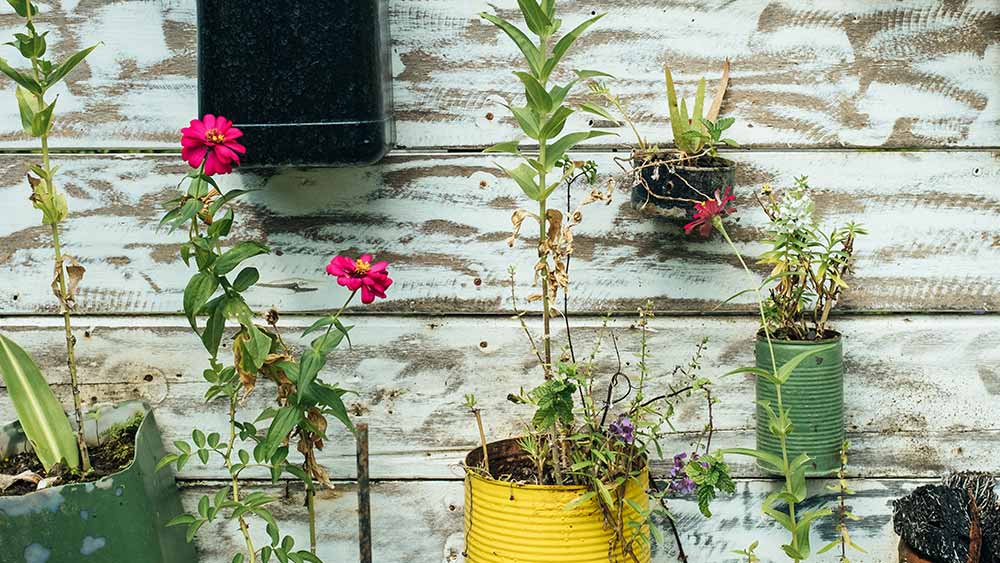
Creating a circular economy …
The circular economy is another important shift towards embracing sustainable business models and whilst organisations will approach this in varying ways, it’s a big focus for many. At the heart of this idea is finding a solution to the question: “How can we move towards no waste and instead use what we have to create a cycle?”
Dr Kate Ringvall, IKEA Australia Sustainability Manager says circular will be the next big move for companies and organisations who have already integrated sustainability into their business. “How do we make sure that we have longevity? How do we make sure that those raw materials will continue to exist? For the really innovative companies, that’s where you have to be going.”
For IKEA, the biggest goal is ensuring all their products are made of renewable materials. “We’ve made a goal globally [and nationally we’ll follow with that], that by 2030 we’ll be 100% circular. And really what that means is that everything we do and all the products that we produce and sell are transported and created in a way that means we’re using renewable materials as much as possible”, Ringvall says.
“How do we make sure that we have longevity? For the really innovative companies, that’s where you have to be going.”
Dr Kate Ringvall, IKEA Australia Sustainability Manager. Where the World’s Moving Global Report

… and a sharing economy
The sharing economy is also being embraced by organisations and is built around a key environmental challenge: “How do we make sure our products can live a second life?”
Patagonia is one such organisation that has adopted sustainable practices as a core part of their business purpose. The clothing manufacturer urges customers to bring their old Patagonia gear to a Patagonia store, rather than discarding it. Here the clothes are either repaired or recycled, and the customer receives a store credit.
There are other businesses, like Olio, which is a free, local food sharing app that is helping to contribute to the sharing economy. On a mission to reduce post-consumer food waste, the app connects people with their neighbours and local stores who have surplus food available. Thus food that would usually be wasted is shared instead.
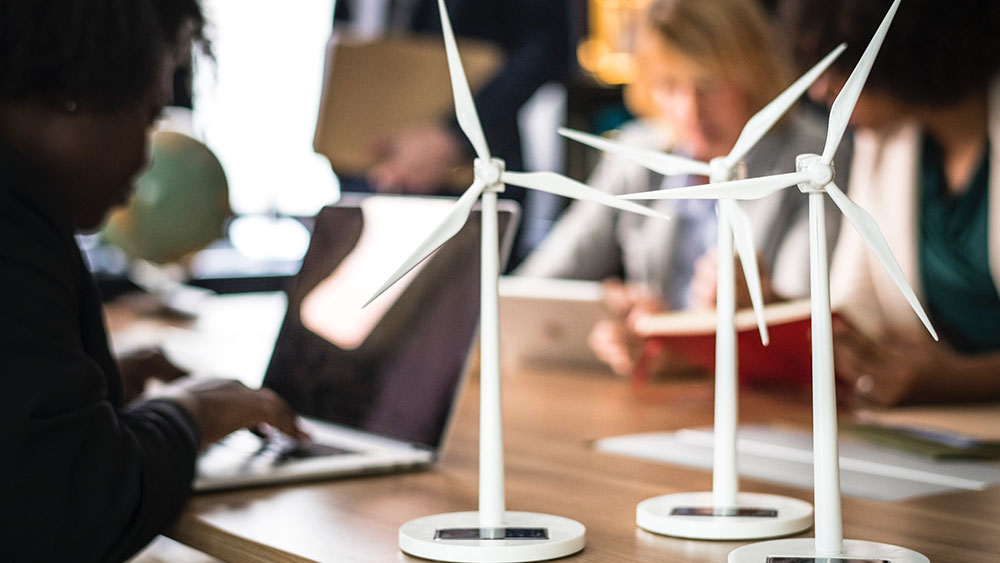
The opportunity for businesses
In January 2016, the United Nations’ Sustainable Development Goals (SDGs) came into effect and established a common set of goals to address current global challenges and place the world on a sustainable path to 2030.
The SDGs provide a holistic framework for businesses looking to contribute to sustainable development in the future and integrate social and environmental priorities into the fabric of their organisations. Many businesses have now chosen one or two SDGs, which are relevant to their organisation and have set bespoke targets.
Unilever for example has made sustainability part of its corporate strategy. Through their Sustainable Living Plan, the company have set three ambitious targets; to help more than a billion people to improve their health and wellbeing; halve their environment footprint; and enhance the livelihoods of millions across their supply chain.
Practical tips you can implement in your own business include; reduce energy and resource use, implement a plan that includes reuse of materials, look at reducing the footprint of your organisation, educate employees and continuously strive for diversity in the workforce.
Companies now have the opportunity to help resolve some of the world’s biggest sustainability challenges and the combined forces of these businesses to deliver solutions can’t be underestimated. The global market is pushing the envelope on sustainability and any businesses that don’t keep up, risk falling behind.
IMPORTANT: The contents of this blog do not constitute financial advice and are provided for general information purposes only without taking into account the investment objectives, financial situation and particular needs of any particular person. OzForex Limited (trading as OFX) and its affiliated entities make no recommendation as to the merits of any financial strategy or product referred to in the blog. OFX makes no warranty, express or implied, concerning the suitability, completeness, quality or exactness of the information and models provided in this blog.
